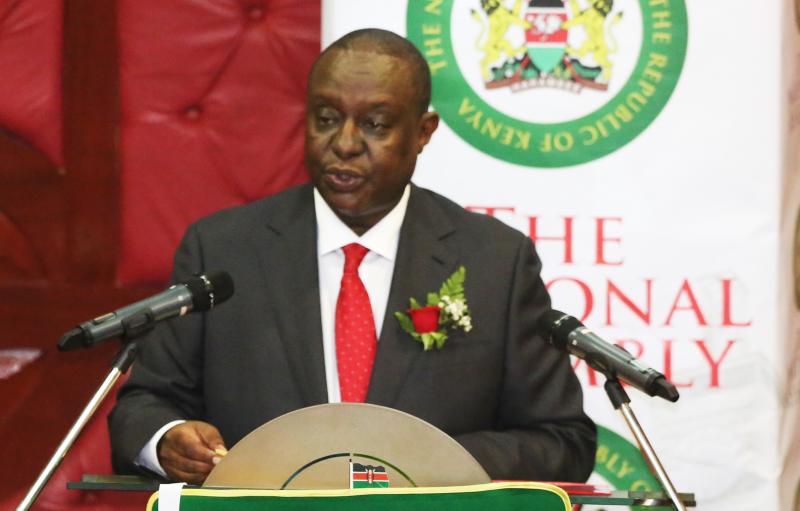×
The Standard e-Paper
Join Thousands Daily

NAIROBI, KENYA: Treasury Secretary Henry Rotich has presented the 2019/20 budget in Parliament featuring new tax measures that pump extra Sh37 billion into the Exchequer.
On Pending Bills







